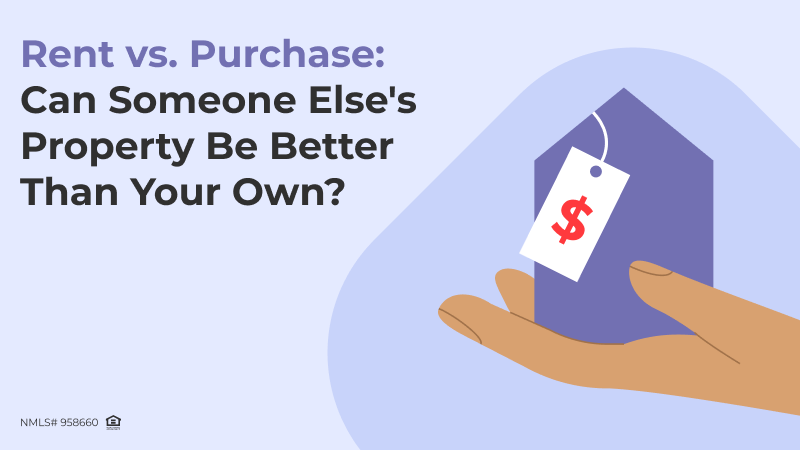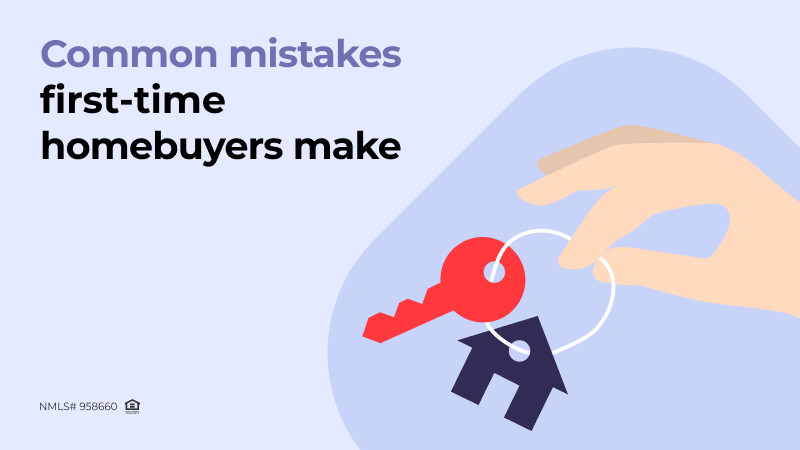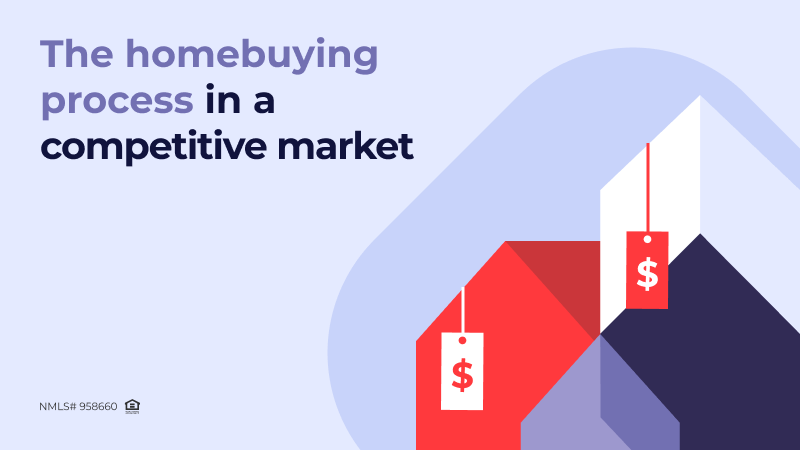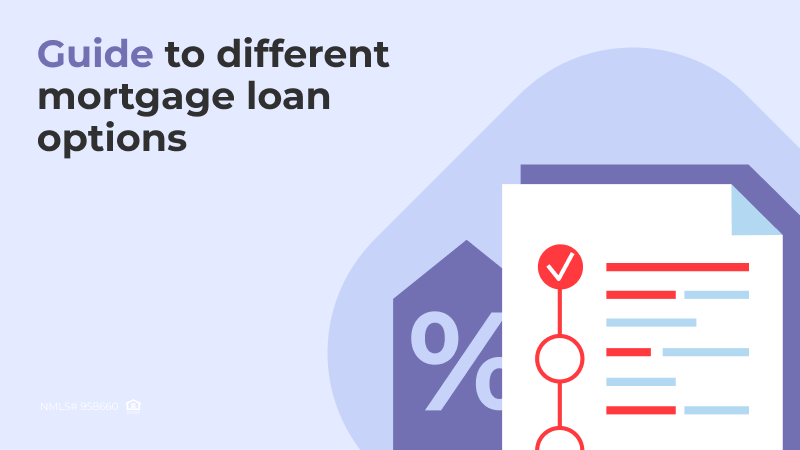
To rent or to purchase? This is an interesting and controversial question that is still open to many people today. The answer, as with most things in life, is a resounding “It depends.”
Let’s face it, shelling out a tidy sum for a down payment is a tough task. According to the National Association of Realtors (NAR), the median price of an existing home was $407,600 in April 2024. National Mortgage Professional (NMP) states that “the median income homebuyers need to put down $127,750 or 35.4% to comfortably afford a typical US home.” That’s a fortune, especially for first-time homebuyers. THowever, it’s worth it as you eventually become an owner.
Renting, on the other hand, seems easier on the wallet and comes with less of a burden of responsibility. You pay one monthly installment, and the landlord shoulders all the repairs and maintenance. But you may feel like you’re throwing money away because you’re not building equity.
So, which path is right for you? Let’s take a closer look at each so that you can make a sound decision.
Renting: Enjoying Freedom and Flexibility
Renting is all about freedom and flexibility. Did you get a job offer in another state? No problem, just give notice and pack your bags. Likewise, if you’re not sure you can settle down in one place, renting allows you to experience different neighborhoods and lifestyles. Unexpected repairs? Call the landlord – it’s their problem, not yours. Also, renting usually doesn’t require a lot of upfront costs. The security deposit is usually much less than the down payment, and some landlords may even cover closing costs. Sounds like a dream, right? But hold on a second. Let’s look at the other side of the coin. Rental prices can go up, sometimes significantly, with little control on your end. You’re also subject to the landlord’s rules – no that purple walls or a pet door you’ve always dreamed of. And forget about building up equity. Years of renting won’t make your equity the same as owning your own home.
Buying: Putting Down Roots
Buying a home is, first and foremost, about owning equity. Homeownership provides stability and permanence. It’s your space, your canvas to paint. What’s more, you can make renovations to increase the value of your property. Additionally, while the initial monthly cost of ownership may seem quite high, you can look for refinancing options to lower your monthly payments, potentially speeding up your equity buildup.
Overall, purchasing means you’re not just paying rent, you’re investing in your future. If you decide to sell it, you’ll hopefully walk away with a nice chunk of change. On the other hand, buying a property implies a great commitment. For starters, there is the cost of the down payment, which is typically 20%. And don’t forget about closing costs, property taxes, homeowner’s insurance, and other costs associated with ownership. These can add up considerably. With homeownership also comes your responsibility for maintenance and repairs. Leaky faucets, a broken heater – these become your worries, not to mention damage from disasters.
How Do You Choose?
While both renting and buying have their pros and cons, there is no one-size-fits-all answer to the question of which to choose. But there are some things to consider before you make your choice. First and foremost is your financial situation. If you are confident that you can comfortably afford a down payment and the ongoing costs of homeownership, including property taxes, insurance, and maintenance, then you can start considering mortgage options. As a rule of thumb, your mortgage payment shouldn’t exceed 25% of your income. Otherwise, renting is your only option.
Another important thing to consider is the state of the housing market. If there are a lot of buyers looking for homes and not many for sale, this can drive up prices. In this situation, it may be more difficult to find a home that you like and can afford. Renting may be a good option if you’re flexible and open to waiting for the market to change.
On the other hand, if there are more homes for sale than buyers, you may be able to find a good deal. The best scenario for buying a home is when the market is balanced. This means there are enough buyers and sellers, prices are stable, and there are a good number of homes to choose from.
Next comes your lifestyle. Do you crave stability or flexibility? If you see yourself in the same place for the next five to ten years, buying may be a good option. If you’re unsure of your future plans or crave the freedom to move easily, renting may be a better option.
Last but not least, it’s important to look at the numbers. The average monthly rent in the US varies significantly depending on location, but according to Zillow, the median rent sits around $2,150 as of June 2024. For a more specific comparison, let’s look at the national median monthly mortgage payment. According to Business Insider, “the average mortgage payment is $2,883 on a 30-year fixed mortgage and $3,759 on a 15-year fixed mortgage.” This may not seem like a significant difference compared to rent. But keep in mind that you’ll need to factor in homeowner’s insurance, property taxes, and potential maintenance costs when considering the total cost of ownership.
If you’re struggling with crunching these numbers, special online calculators can help you compare the long-term costs of renting versus buying. These tools factor in elements such as interest rates, property value appreciation, and maintenance costs to give you a more nuanced picture.
Ultimately, the decision of whether to rent or buy is a personal one. Don’t be pressured by societal expectations or what your friends and family are doing. Do your research, crunch the numbers, and talk to a financial advisor to ensure you’re making the right decision for your current and future financial health.
Remember, there’s no right or wrong answer – it’s all about choosing the path that leads you to a secure and comfortable future, whether that means renting a trendy apartment in the heart of the city or owning a charming house in a quiet suburb.



